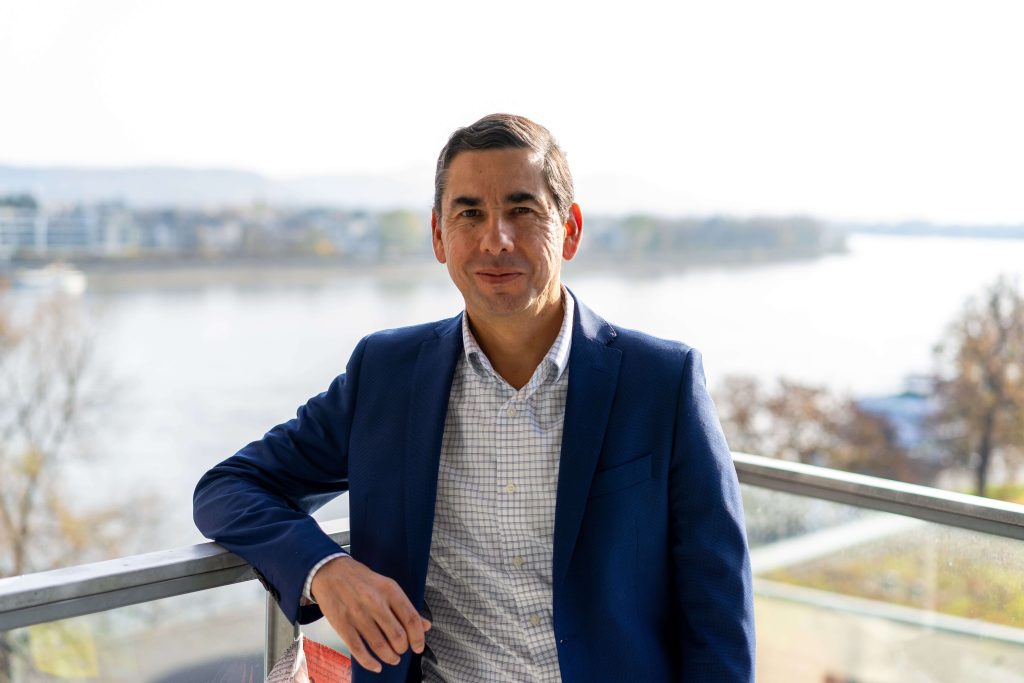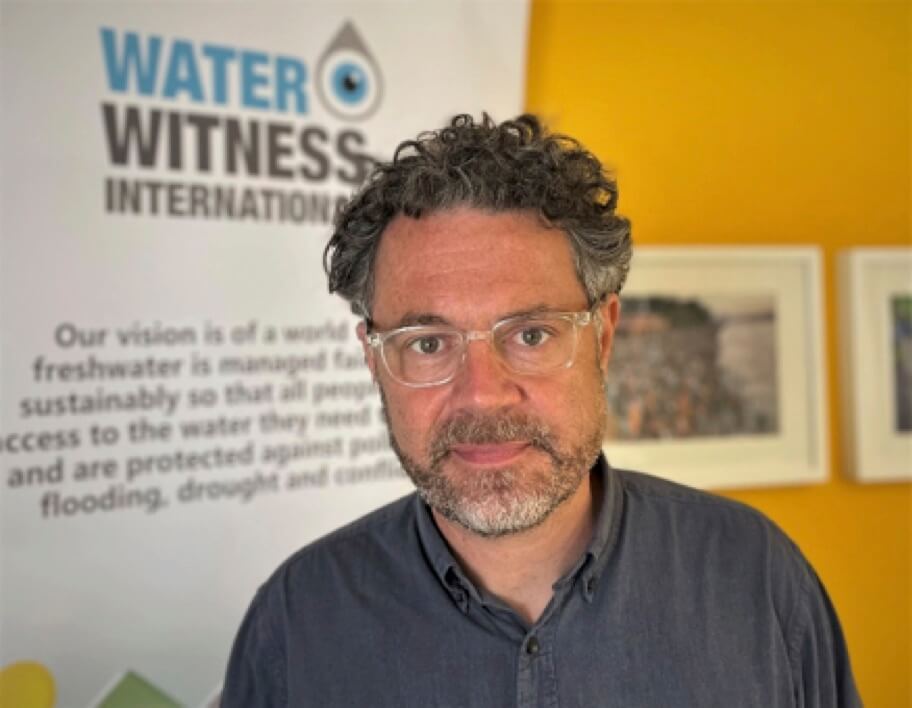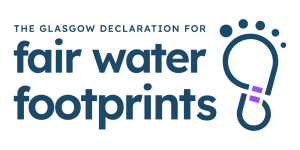Get involved
Changing the way water is used means mobilising as many governments, businesses, investors and civil society groups as we can to help shape a more resilient, just and water-secure world.
In signing up to the Glasgow declaration, signatories are committing to ensure that the water footprints over which they have control and influence will be sustainable, resilient and fair, by 2030.
Our signatories
Countries
- Republic of Austria, Federal Ministry for Climate Action, Environment, Energy, Mobility, Innovation and Technology
- Republic of Finland, Ministry of Agriculture and Forests, and Ministry of Environment
- Republic of Madagascar, Ministry for Water, Sanitation and Hygiene
- Republic of Malawi, Ministry of Forestry and Natural Resources
- Republic of Panama, Ministry of Environment
- Republic of Peru, Ministry of Agrarian Development and Irrigation
- United Kingdom of Great Britain and Northern Ireland, Foreign, Commonwealth and Development Office/Department for Environment, Farming and Rural Affairs
Businesses
- Diageo plc, UK
- Unilever plc, UK
- BankaBio, India
External support agencies, partnership initiatives and networks
- Alliance for Global Water Adaptation (AGWA), USA
- BASEFlow, Malawi
- CDP, UK
- Global Water Partnership (GWP), Sweden
- Water Footprint Network (WFN), Netherlands
- Water Integrity Network (WIN), Germany
- WRAP, UK
Civil society, social justice and environmental defenders
- African Civil Society Network for Water and Sanitation (ANEW), Kenya
- Peruvian Centre for Social Studies (CEPES), Peru
- WaterAid, UK
- Water Witness, UK
- Earth Guardians
Observer signatories
- The Kingdom of the Netherlands
- International Union for the Conservation of Nature (IUCN), Switzerland
- Sainsbury’s plc, UK
- Sanitation and Water for All, USA
- Danone, UK
Fair Water Footprints - a partnership transforming how the global economy interacts with, and values, water
Two-thirds of consumers would prefer brands that can demonstrate a fair water footprint; over half would be willing to pay more for their products. Consumer purchasing choices can shift corporate behaviour, reward transparency and encourage more equitable and sustainable water use across global supply chains. There is a growing opportunity to leverage consumer pressure as a catalyst for systemic change, aligning environmental stewardship with market demand.
Companies, banks and financial institutions’ operations and investments are tied to water-intensive sectors such as agriculture, textiles and mining – sectors that are among the primary drivers of unsustainable water use globally.
From a financial and strategic standpoint, continuing with “business as usual” is untenable. It risks compounding water insecurity in key sourcing regions, threatening the long-term viability of investments and undermining corporate commitments to sustainability, climate resilience and human rights. Fair Water Footprints provides a framework to address these risks, supporting more stable markets, resilient supply systems and credible ESG performance.
Many wealthier nations rely heavily on water embedded in the supply chains of goods produced abroad, often in countries already facing critical water insecurity. As climate change accelerates, unsustainable water use in supply chains drives food and water shortages, undermining livelihoods, fuelling displacement and heightening the risk of conflict.
Fair Water Footprints provides a framework to promote fairer, more resilient global water use, support sustainable trade, safeguard shared water resources and protect communities whose water is used to support distant economies.
The challenge of water scarcity is stark. By ensuring zero water pollution, zero nature degradation, equitable withdrawals, water, sanitation and hygiene for all workers, and climate resilience in global supply chains, Fair Water Footprints is making sure these operations drive water security rather than create water risks, accelerating progress towards SDG6 – Clean Water and Sanitation for all.
The Glasgow Declaration has civil society signatories working on human rights, climate change, accountability and water stewardship at local, national and international levels.





